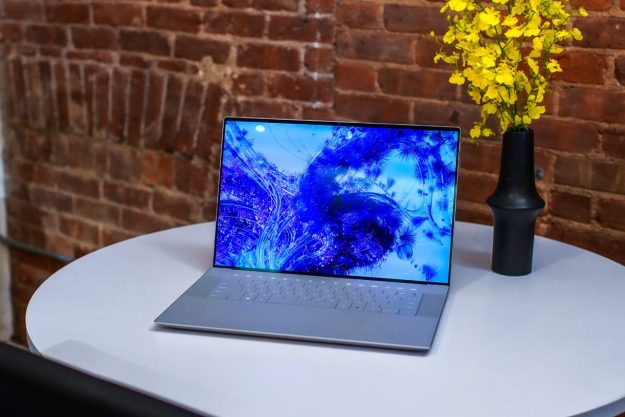
This case is exceptionally noteworthy since it signifies a rare event in which someone has actually been seized for “swatting,” a crime in which the offender coordinates a fake 911 call, resulting in police arriving at an unsuspecting household.
These phone calls all took place between October 2014 and May 2015 in which the 19-year-old conducted a number of swatting incidents targeting the Marshall, Minnesota region. Additionally, Morgenstern made threats towards a police officer and her family as well as notifying a high school of his plans to detonate a bomb on its premises.
While law officials are uncertain about his decision to target a town some 1,000 miles away from his suburban Houston residence, court filings present documentation that Morgenstern had a contact, who notably took part in an interview with the FBI, living in Marshall at the time.
In April of this year, Morgenstern left a voicemail on the cell phone of a Marshall High School public resources officer after months of harassing its officials and administering swatting attacks in the area. In the message, he expressed that getting caught was “not possible,” explaining that he was a “hacker” and that “you can’t catch a hacker.”
Clearly.
It wasn’t long before federal officials discovered the teenager’s not so well concealed Gmail account, which he called “anonymously.lulzsec@gmail.com,” along with his Twitter handle @RIURichHomie. As a result, the FBI filed a subpoena to both Google and Twitter, requesting the records associated with his accounts. Authorities were then able to confirm that both accounts had been accessed by the same IP address tracing it to a Comcast-serviced residence in Cypress, Texas.
Federal law demands Morgenstern face a maximum penalty of 10 years in prison. Apparently, you can catch a hacker. As Kendrick Lamar would proudly retort, that’s “poetic justice, put it in a song.”
Editors' Recommendations
- Microsoft confirms recent service outages were DDoS attacks
- Hackers are using fake WordPress DDoS pages to launch malware
- Europe just suffered its worst DDoS attack ever, but we don’t know why


